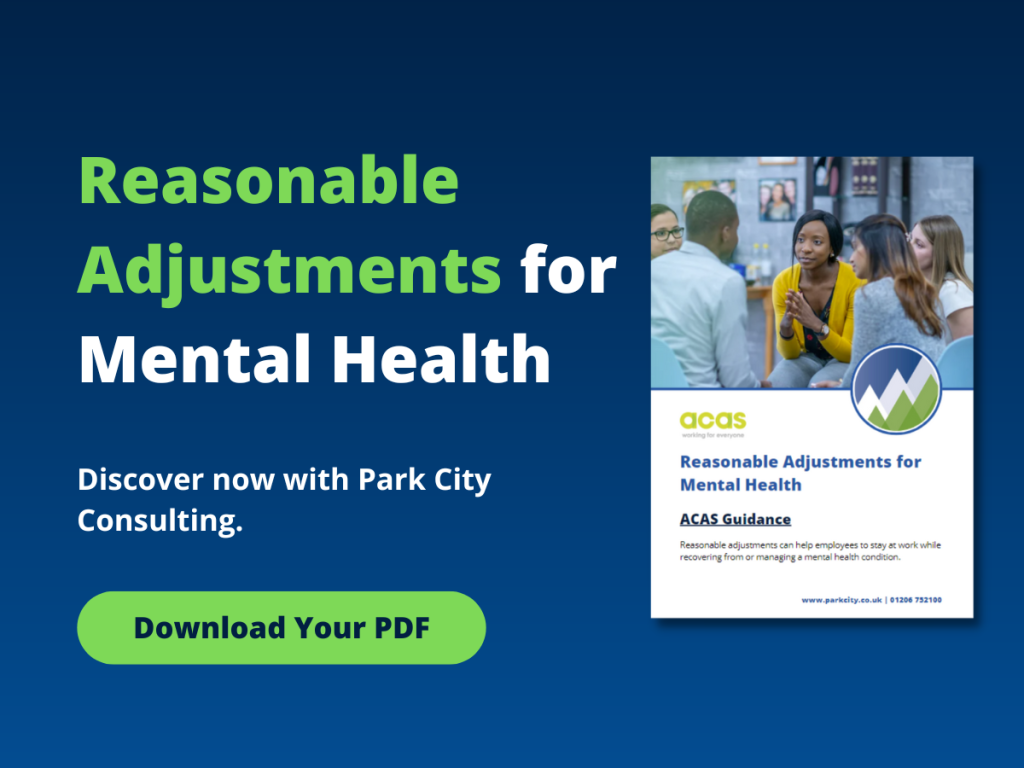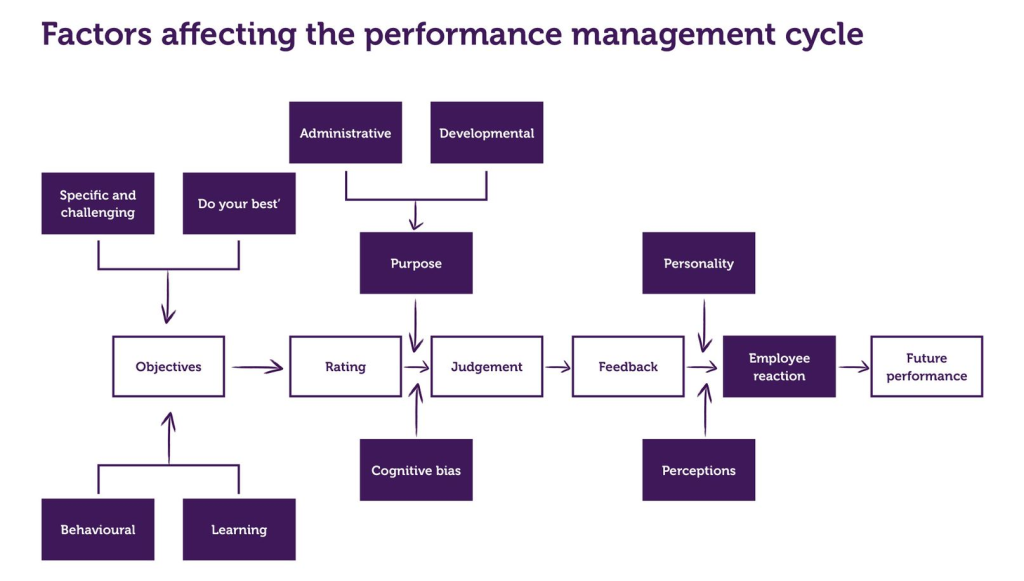Unlock Your Potential With The Performance Improvement Plan UK ACAS: Take Action Now!
Performance Improvement Plan UK ACAS: A Roadmap to Enhancing Workplace Performance
Introduction
Dear Readers,
Welcome to this comprehensive guide on performance improvement plans (PIP) provided by the Advisory, Conciliation and Arbitration Service (ACAS) in the United Kingdom. In this article, we will explore the key aspects of PIP, its purpose, benefits, and how it can be implemented effectively to uplift workplace performance.
3 Picture Gallery: Unlock Your Potential With The Performance Improvement Plan UK ACAS: Take Action Now!
Without further ado, let’s delve into the details of performance improvement plans and how they can be utilized to drive success and growth within organizations.
Table: Overview of Performance Improvement Plan (PIP) in the UK
Topic
Information

Image Source: isu.pub
Definition
A structured process to address underperformance and support employees in achieving performance goals.
Objectives
Provide clear expectations, identify areas of improvement, offer support, and monitor progress.
Who is eligible?
All employees, regardless of their position or tenure, who are not meeting performance standards.
When is it initiated?
When informal methods fail to address the performance gap or in cases of serious underperformance.
Where is it implemented?
Applicable in all workplaces governed by UK employment laws.

Image Source: parkcity.co.uk
Why is it important?
To improve productivity, retain talent, and provide fair opportunities for employees to enhance their performance.
How is it implemented?
Through a structured process involving clear communication, goal setting, regular feedback, training, and support.
What is a Performance Improvement Plan (PIP)?
A performance improvement plan (PIP) is a formal process implemented by employers to address underperformance and help employees meet the required performance standards. It serves as a roadmap for improving performance and provides employees with clear expectations, measurable goals, and the necessary support to enhance their skills and abilities.
Why is a Performance Improvement Plan (PIP) Initiated?
A PIP is initiated when informal methods, such as feedback and coaching, fail to address the performance gap or when an employee’s underperformance is significant and jeopardizes their continued employment. It is a proactive approach to address issues promptly and provide employees with an opportunity to improve their performance.
Who is Eligible for a Performance Improvement Plan (PIP)?
All employees, regardless of their position or tenure, who are not meeting the performance standards set by their employer may be eligible for a PIP. It is important to note that the purpose of a PIP is not punitive but rather to support individuals in achieving their performance goals.
When is a Performance Improvement Plan (PIP) Initiated?

Image Source: cipd.org
A PIP is typically initiated when informal methods of addressing underperformance, such as verbal warnings or counseling, have been unsuccessful. Additionally, it may be implemented in cases of serious underperformance that require a structured approach to identify and rectify performance gaps.
Where is a Performance Improvement Plan (PIP) Implemented?
A PIP is applicable in all workplaces governed by UK employment laws. It is a widely recognized and accepted practice aimed at improving workplace performance and ensuring fair opportunities for employees to enhance their skills.
Why is a Performance Improvement Plan (PIP) Important?
The implementation of a PIP is crucial for several reasons. Firstly, it helps improve productivity and overall organizational performance by addressing underperformance in a structured and supportive manner. Secondly, it provides employees with a clear understanding of expectations and areas for improvement, allowing them to work towards the desired performance standards. Lastly, it demonstrates an employer’s commitment to supporting their workforce and offering fair opportunities for growth and development.
How is a Performance Improvement Plan (PIP) Implemented?
The successful implementation of a PIP involves a structured process that includes the following steps:
Communication: The employer communicates the performance concerns and the intention to implement a PIP to the employee.
Goal Setting: Clear and measurable performance goals are established, outlining the expected outcomes.
Support and Training: The employer provides necessary support, resources, and training to help the employee meet the performance expectations.
Regular Feedback: Ongoing feedback and monitoring are crucial to track progress, identify areas for improvement, and provide guidance.
Review and Evaluation: The employer and the employee periodically review the progress made, analyze the outcomes, and make adjustments if necessary.
Extension or Termination: Depending on the progress made, the PIP may be extended, or if the performance does not meet the required standards, further action, including termination, may be considered.
Advantages and Disadvantages of Performance Improvement Plans (PIP)
Performance improvement plans (PIP) offer both advantages and disadvantages for both employers and employees. Let’s explore them in detail.
Advantages of Performance Improvement Plans (PIP)
1. Clear Expectations: PIPs provide employees with clear expectations regarding their performance standards, goals, and areas for improvement. This clarity helps employees understand what is expected of them.
2. Support and Development: PIPs offer employees the opportunity to receive support, resources, and training to enhance their skills and meet the required performance standards. It demonstrates an employer’s commitment to their growth and development.
3. Performance Monitoring: PIPs involve regular feedback and monitoring, allowing employees to track their progress and make necessary adjustments to improve their performance.
4. Fairness and Transparency: PIPs provide a structured and objective approach to address underperformance, ensuring fairness and transparency in the process.
5. Retention of Talent: By addressing underperformance and offering support, employers have a better chance of retaining talented employees who may have otherwise left the organization.
Disadvantages of Performance Improvement Plans (PIP)
1. Stress and Anxiety: Employees may experience stress and anxiety when they are placed on a PIP, as it may be perceived as a formal warning or a precursor to termination.
2. Negative Impact on Morale: The implementation of a PIP can potentially have a negative impact on employee morale, especially if it is perceived as a punishment rather than an opportunity for improvement.
3. Lack of Trust: If not implemented correctly or communicated transparently, a PIP may erode trust between the employee and the employer, leading to strained relationships.
4. Potential Legal Implications: If a PIP is not implemented in accordance with employment laws and regulations, it may expose employers to legal risks and potential claims of unfair treatment or discrimination.
5. Limited Effectiveness: In some cases, despite the support and efforts made during a PIP, an employee may not be able to meet the required performance standards, leading to a potential termination of employment.
Frequently Asked Questions (FAQ)
1. Can an employee refuse to participate in a Performance Improvement Plan (PIP)?
Answer: No, employees are generally expected to participate in a PIP as it is a formal process designed to support their professional growth and address underperformance. Refusing to participate may be seen as a lack of commitment.
2. How long does a Performance Improvement Plan (PIP) typically last?
Answer: The duration of a PIP varies depending on the specific circumstances and the required improvement. It can range from a few weeks to several months. The timeline is mutually agreed upon by the employer and the employee.
3. Can a Performance Improvement Plan (PIP) be extended?
Answer: Yes, a PIP can be extended if there is progress being made, but the performance standards have not been fully met. Extension allows for continued support and guidance.
4. Can a Performance Improvement Plan (PIP) lead to termination of employment?
Answer: Yes, if an employee fails to meet the required performance standards despite the support provided during a PIP, termination of employment may be considered as a last resort.
5. Can an employee appeal a Performance Improvement Plan (PIP)?
Answer: Yes, employees have the right to appeal a PIP if they believe it has been implemented unfairly or if they have evidence to challenge the validity of the performance concerns raised.
Conclusion
In conclusion, a performance improvement plan (PIP) is a valuable tool for employers and employees alike. When implemented effectively, it offers a structured approach to address underperformance, set clear expectations, provide support and training, and monitor progress. PIPs can enhance workplace productivity, retain talent, and offer fair opportunities for growth and development.
We hope this article has provided you with a comprehensive understanding of performance improvement plans in the UK. If you have any further questions or require additional information, please do not hesitate to reach out.
Final Remarks
In preparing this article, every effort has been made to ensure accuracy and provide helpful information. However, it is important to note that this article is for informational purposes only and does not constitute legal or professional advice. For specific guidance on performance improvement plans or any employment-related matters, it is recommended to consult with an experienced HR professional or legal advisor.
This post topic: Android Apps


